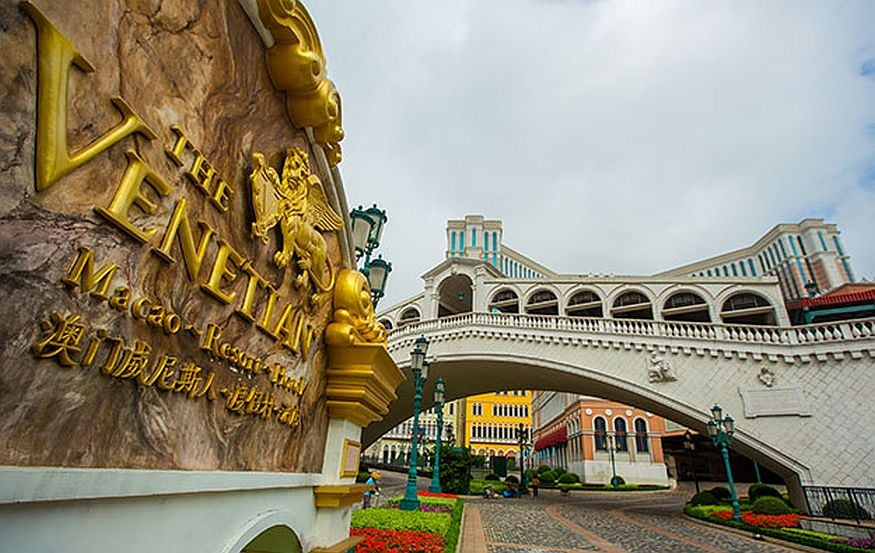Macau Confirms Cost of Concession Extension for Casino Operators
Posted on: March 10, 2022, 05:57h.
Last updated on: March 11, 2022, 10:18h.
Casino operators now know how much they will have to pay to receive an extension to their concessions. Macau announced the cost today, and the roughly six-month extension won’t come cheap.

Macau is close to finalizing its new gambling laws, but the timing isn’t great. The new rules and regulations that were due last year are still under review.
The concession extensions, according to Radio Macau, will cost between MOP50 million and MOP80 million (US$6.2 million and US$9.92 million). The media outlet, however, didn’t specify the criteria for establishing the cost.
The projection is for final approval before the end of June. However, that coincides with the expiration of existing casino concessions. As a result, the city announced an extension through the end of the year last week and now confirmed the cost.
Macau to Receive Injection of Revenue
All six concessionaires already confirmed that they would submit the required paperwork for the extension. This means, at a minimum, Macau is going to earn US$37.2 million to file a few documents. After the drop in revenue COVID-19 caused, the money comes at a good time.
MGM China and SJM Holdings received an extension to their concessions in 2019. This was done to align the expiration of all six operators’ licenses. For that extension, SJM and MGM each paid MOP$200 million (US$25 million).
MGM also had to pay SJM an additional MOP$20 million (US$2.5 million) that year. This covered its sub-licensing agreement with the rival operator. However, because satellite operations will likely disappear, these additional fees will no longer be necessary.
Radio Macau added that the operators will have to allocate additional funds on top of the extension fee as well. They need to show a bank guarantee to cover their workforce liabilities in the event they don’t secure a new concession.
The liabilities are defined as things like workers’ compensation and other fees associated with layoffs. This amount, says the media outlet, can be as much as MOP1.6 billion (US$198.4 million).
Still No Guaranteed Gaming Future in Macau
The second standing committee of Macau’s Legislative Assembly continues to review the updated gambling laws. It expects to wrap things up in the middle of next month. The bill will then appear before the General Assembly for a vote.
The authorities will then publish any changes to the administrative regulation for the public tender and define the tender program, including all of the details about the future gaming industry.
The second half of this year may see the launch of a public tender to allocate the new concessions. Although Macau has confirmed that it will cap the number at six, this doesn’t indicate that all six will remain. However, there are no indications that authorities will reject any of the six operators.
The government will then decide which gaming concessionaires can operate starting January 1, 2023.
New Junket Laws Coming
In addition to the changes in the overall scope of Macau’s gaming activity, new rules for junket operations are on their way. Chan Chak Mo, a local legislator, told media today that the Legislative Assembly is addressing the junket segment and hopes to have new laws in place by the middle of August.
The junket market has already changed drastically in the past six months. Going forward, it will change even more. While lawmakers won’t present the final rules for another five months, they have revealed certain modifications already.
Junkets will only be allowed to work with one concessionaire and cannot operate any gaming facility. There will also be a ban on the use of any part of a casino for junket operations. In addition, junket operators will no longer be able to share in a casino’s revenue, either by commission or profit-sharing.
Related News Articles
MGM China Warns of Possible $30M Liability over Junket Holdings
Macau Slots, Table Games Limit Could Pinch Sands China
Most Popular
Mirage Las Vegas Demolition to Start Next Week, Atrium a Goner
Where All the Mirage Relics Will Go
Most Commented
-
Bally’s Facing Five Months of Daily Demolition for Chicago Casino
— June 18, 2024 — 12 Comments
















No comments yet